Understanding USB Types
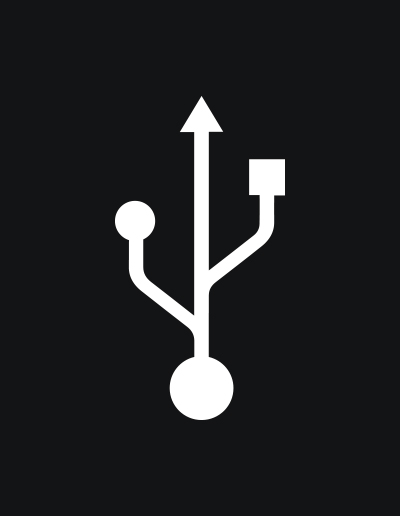

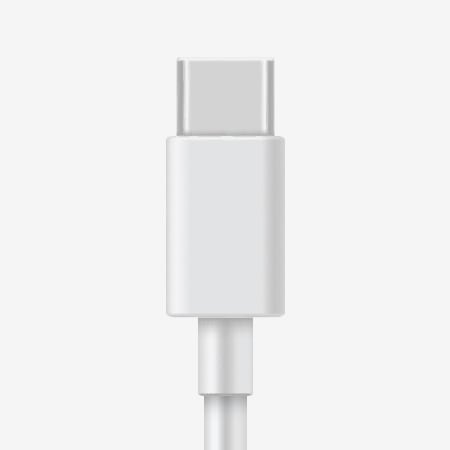
The USB Type-C is the latest, reversible connector that supports various USB signals, including 3.2 and older. It allows for data transfer speeds up to 20 Gbps and can deliver up to 100W of power. The connector is also compatible with DisplayPort video and Thunderbolt, enabling data transfer rates up to 40 Gbps.
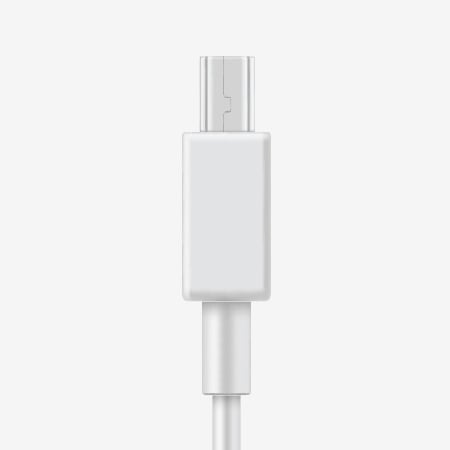
The Type B USB connector is commonly linked with USB peripherals for computers. Featuring a square form factor with gently rounded corners at the top, it also relies on friction for secure placement. Designed to eliminate the possibility of inadvertently connecting two host systems together, this connector variant continues to be employed, although its micro version is now more widely seen.
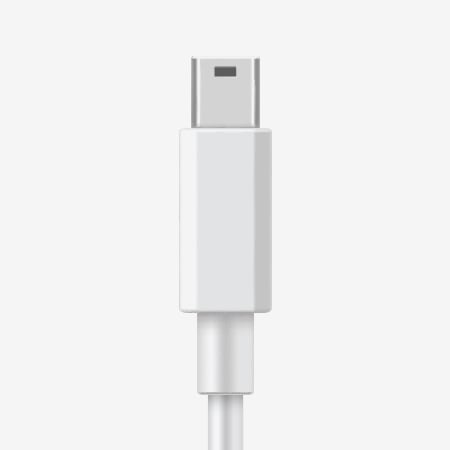
The USB Mini Type B connector is a compact adaptation of the standard Type B. Designed for smaller devices, it delivers speedy data transfers up to 480 Mbps. Additionally, its OTG support allows for diverse device interactions, letting gadgets with Mini Type B ports function as USB hosts.
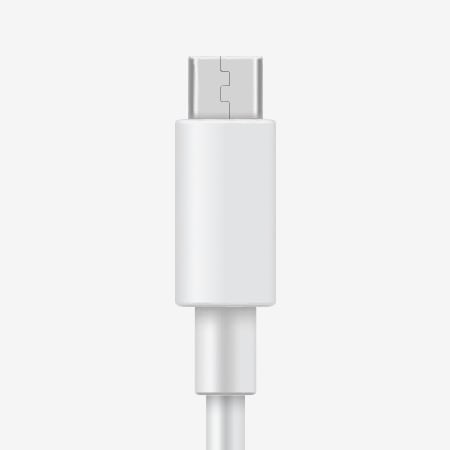
Micro Type B is a refined variant of the familiar Type B connector, optimized for tinier gadgets. It consistently provides high-speed data transfers of up to 480 Mbps. Its OTG capability ensures that Micro Type B devices can perform as USB hosts, offering increased compatibility and connection options.
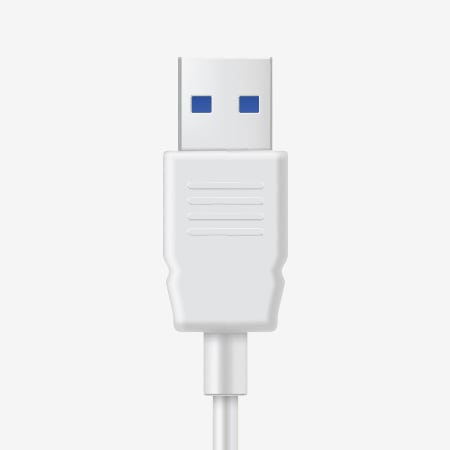
The USB Standard A is the original and most widely-used USB connector. It serves as the interface for connecting peripherals to a main device. Its flat, rectangular design is engineered for simple plug-in and removal, thanks to its friction-based holding mechanism. The connector delivers a 5V DC power supply via one of its pins and is universally compatible across all USB protocol variants.
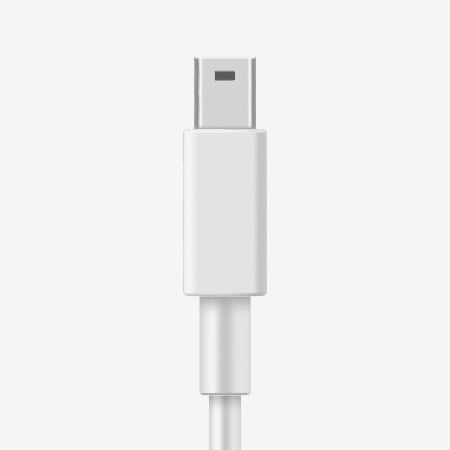
USB Mini Type A connectors are streamlined versions of the classic Type A. Despite their reduced size, they maintain a robust data transfer speed of up to 480 Mbps. Moreover, with OTG capabilities, devices with Mini Type A ports can act as USB hosts, enhancing versatility in mobile connectivity.
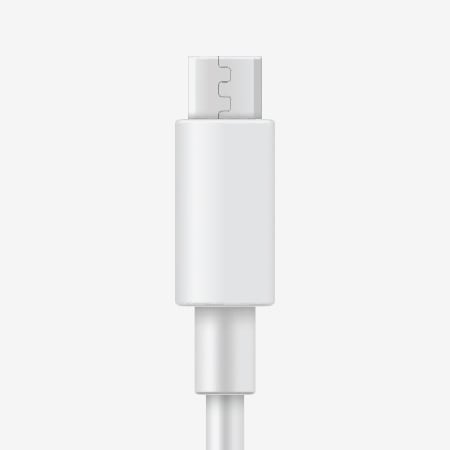
USB Micro Type A offers a more diminutive form of the conventional Type A connector. While it presents a sleeker interface, it doesn't skimp on performance, boasting data rates of 480 Mbps. With inherent OTG features, Micro Type A equipped devices can serve as USB hosts, broadening connection possibilities.

Third-generation interface with speeds up to 40 Gbps, doubling Thunderbolt 2's rate. Also integrates USB Type-C connectivity, offering greater versatility.
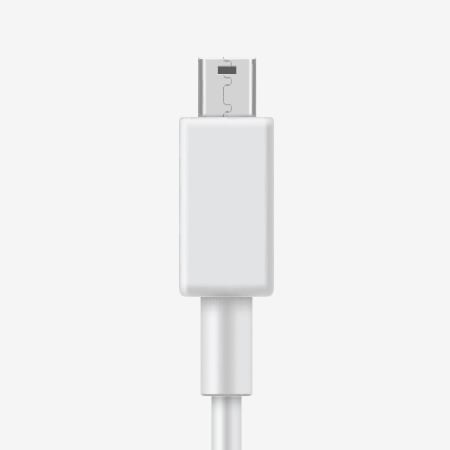
A second-generation interface supporting data transfer rates up to 20 Gbps. Combines multiple channels into one for improved performance over its predecessor, Thunderbolt.
Same day dispatch when you order before 2:00 pm.
We back our product with a massive 24 month warranty.
Got a question? Chat, email or talk to our super friendly support team.